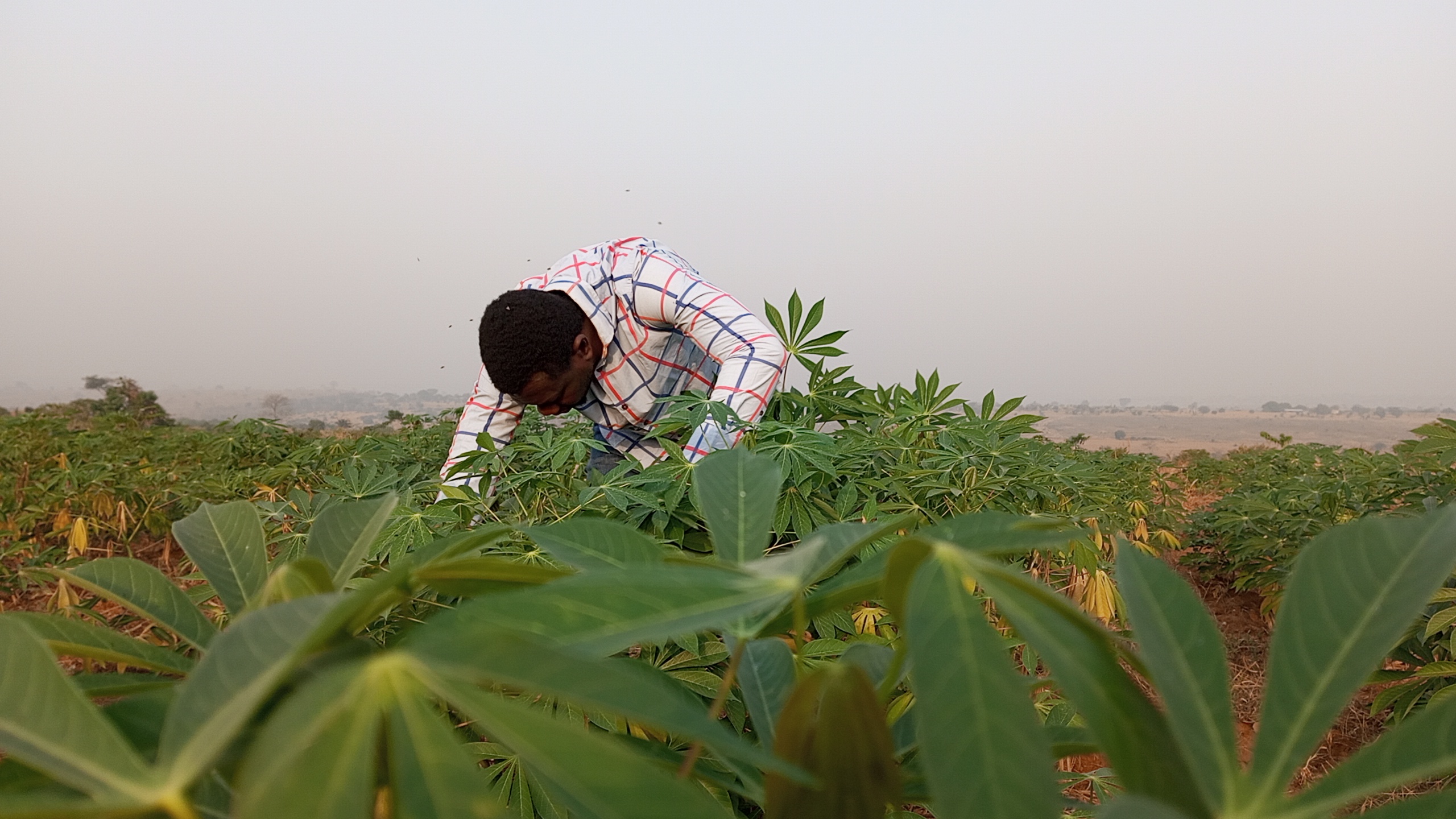
Cape Verde, an island nation, is witnessing the effects of climate change. The country’s agricultural sector, which mainly comprises family subsistence farms, is particularly vulnerable to climate challenges and local communities must work together towards climate solutions.
During the Cape Verde meeting, participants will take part in two field trips to explore different agroecological associations: AJAZPUN (Associacao dos Jovens Agricultoresda Zona Peri-Urbana de Porto Novo) and AMUPAL (Associação das Mulheres do Planalto Leste).
In parallel, CIRAWA will host a policy roundtable in Santo Antão, convening farmers, researchers, policymakers, and stakeholders. The session aims to address challenges, needs, and solutions in sustainable agriculture and agroecology. Discussions will focus on identified issues such as water access, monocultures, transport, labor, financing, and pest management, with the goal of informing policy decisions and fostering collaboration.
“Gathering for the 2nd CIRAWA meeting this time in Cape Verde, we will be focused on helping farmers and solving challenges. With partners from nine countries, we’re working together to make farming more resilient in front of climate changes in West Africa.”
Silvia Gómez Valle, CARTIF. Project coordinator
By the end of the 2nd Consortium Meeting, agroecological strategies will be newly evaluated through the fresh knowledge gained through the field trip and one-on-one conversations with Cape Verdean associations.
Thus, CIRAWA can play its part of creating a climate resilient Cape Verde more efficiently with close connections to the local network of farmers, innovators, and associations.
About CIRAWA
Funded by the European Union and coordinated by CARTIF Technology Centre, the project brings together a total of 14 partners from 9 different European and African countries. The 4 and a half-year project, launched in January 2023, will receive a total grant of 6.9 million euros from the European Commission within Horizon Europe under the “Agroecological approaches in African agriculture systems” programme to develop innovative agroecological strategies to build climate resilience in West Africa. In Cape Verde, the project counts on the support of the Ministry of Agriculture and Environment, the Womens Association of Planalto Leste and the Young farmers Assocation of Porto-Novo working all coordinated by the Mértola Heritage
Defense Association (ADPM)



